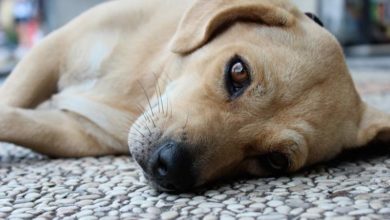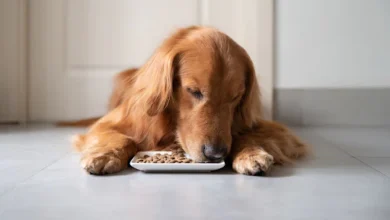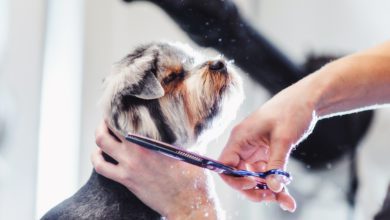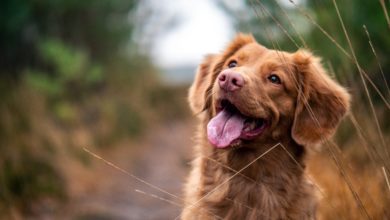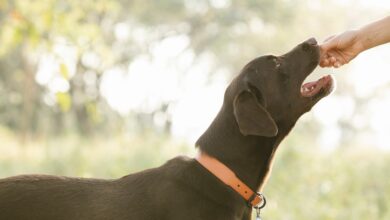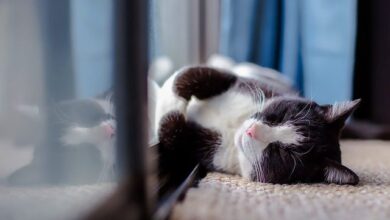Fireworks season sparks vet calls for pet safety

The British Veterinary Association (BVA) is encouraging pet owners to start preparing now to prevent possible injury and distress to their pets during traditional dates such as Bonfire Night, Diwali or New Year’s Eve.


